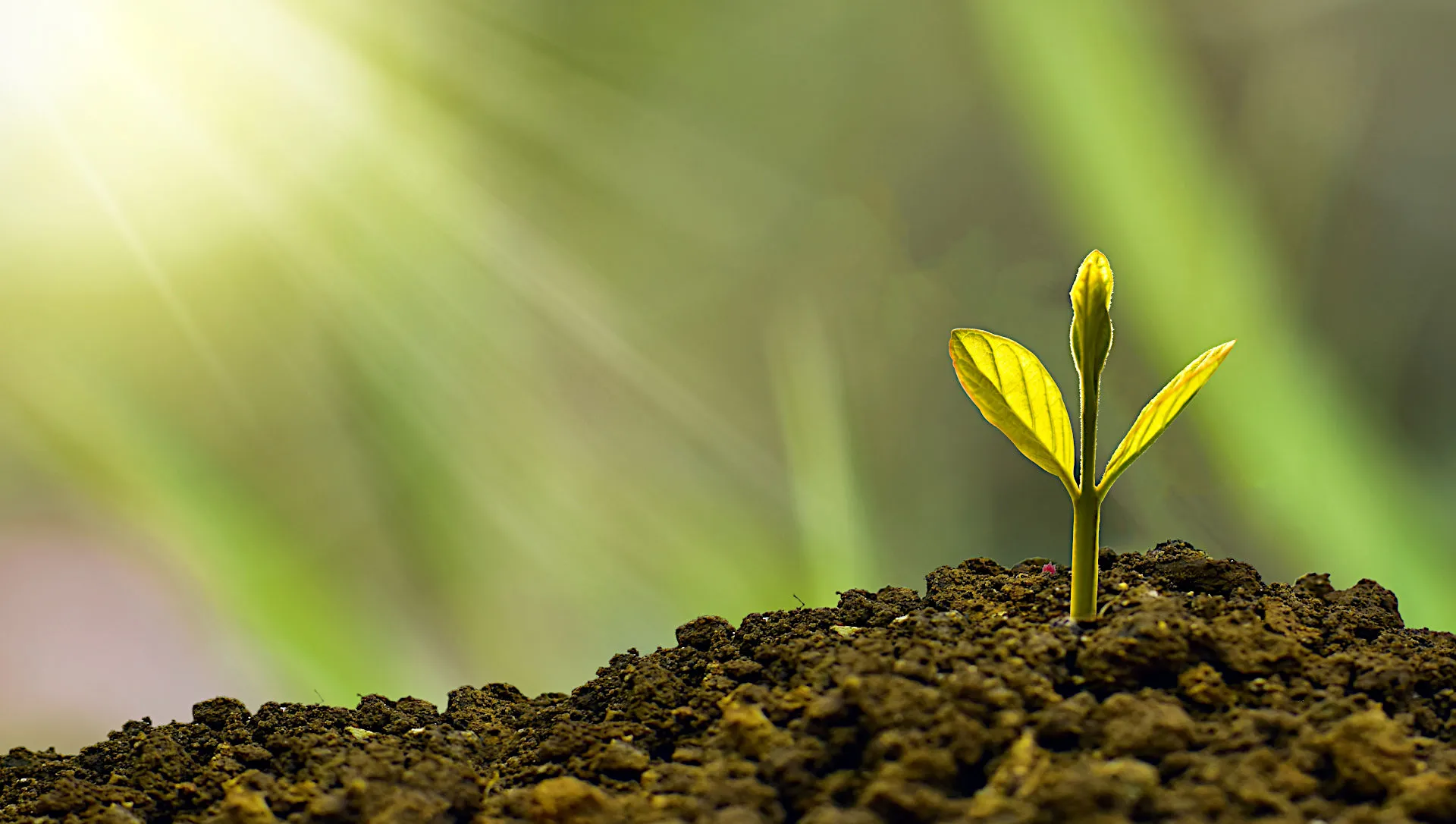
Spirit helpers and plant spirits
Of course, this can only be a very superficial and fragmentary insight, everything else would go beyond the scope of an article and would fill many meters of bookshelves elsewhere.
The spirit helpers
The shaman understands a spirit helper to be an entity of the spiritual world that he experiences as helping, or that behaves in a helping manner towards him, or at least has the potential to do so.
A classic spirit helper, for example, is the power animal, which the shamanic practitioner encounters in animal form. In most cases, the power animal is one of the first spirit helpers that the beginner gets to know.
But we don’t just encounter these helpers in animal form. They can also be natural beings such as elves, dwarves, goblins or natural beings that we can’t really categorize at first. They can be figures from mythology, such as Thor, Odin or other Norse gods, but also include Jesus, Lucifer or the archangels.
Also all other angelic beings or Buddha and other figures from the Buddhist, Hindu or any other religious context.
Our ancestors can also act as spirit helpers and sometimes we do not even succeed in materially assigning the respective perception. And it doesn’t have to, because the form of appearance is just a form. The spiritual plane has no material dimension and therefore no form. This is created by us so that we can get an idea of what makes the practical work with a spirit helper much easier.
What to do with the spirit helper?
But what do you do with a spirit helper once you have made contact? That is a question of intention. Our personal helpers, such as our power animals or our own ancestors, can answer questions about our life, our past and our personality or help us to find a path in life.
They help us to find ourselves and go our own way. They occasionally provide comfort and are a source of support in times of great uncertainty. However, they can also help practicing shamans in their work with clients or energies, just as colleagues can support them with projects.
The same applies to those helpers who have no personal connection to us. They can also help us in uncertain situations or put us on a viable path. They also help the shaman in his work when he needs help.
Access to the spirit helpers takes place via the shamanic journey. Experienced shamans also have access without a special framework, just like when you talk to your colleagues in the neighboring office.
It is important that contact and interaction always come about consciously. The person is always in control of when, how long and what they talk about with the spirit helpers.
An entity that connects with us against our will or even gives us orders is not a helper but a possession.
Deva / plant deva / plant spirit
A plant deva is the spiritual being behind a plant, the soul of the plant, so to speak. Just as we humans incarnate as spiritual beings here in the material world, spiritual beings also incarnate as plants.
Which is why you can communicate with plants on a spiritual level just as you can with people and animals or spirit helpers of all kinds. Incidentally, the word deva comes from Sanskrit and means something like the shining ones, the radiant ones.
And so the plant devas were and are repeatedly described as radiant beings of light, sometimes also somewhat teasingly as little flower elves or forest fairies. But this is always just an idea, because spiritual beings in themselves have no physical appearance. Or, in the case of plants, only the appearance of the plant as it stands before us.
Much more important than any manifestations are the possibilities that open up to us with the knowledge of the plant spirits. Many people who collect medicinal herbs or harvest plants make contact with the plant spirit beforehand. They ask for permission and advice on how much they can take without causing too much damage to the plant.
The answers from the plant devas should definitely be taken seriously if you want to continue to benefit from them in the future. You can also gain valuable information about them by talking to a plant deva. Many successful gardeners communicate with their plants in this way and find out when and how they want to be cared for. Success always proves them right.
Herbalists often get their knowledge directly from the plants and not so much from books. This ranges from the use of certain herbs for certain diseases to detailed information on harvesting, preparation and dosage.
If you have any questions on this topic, please write to me using the contact form on this page.
